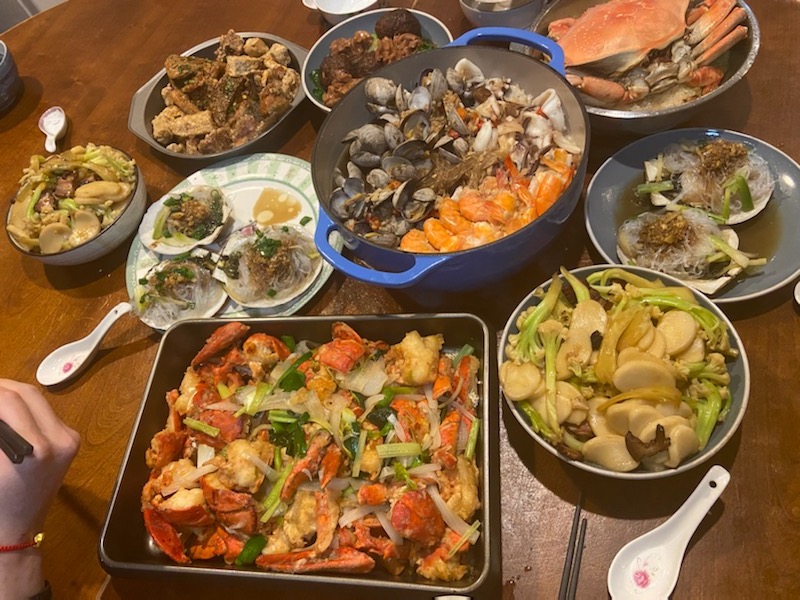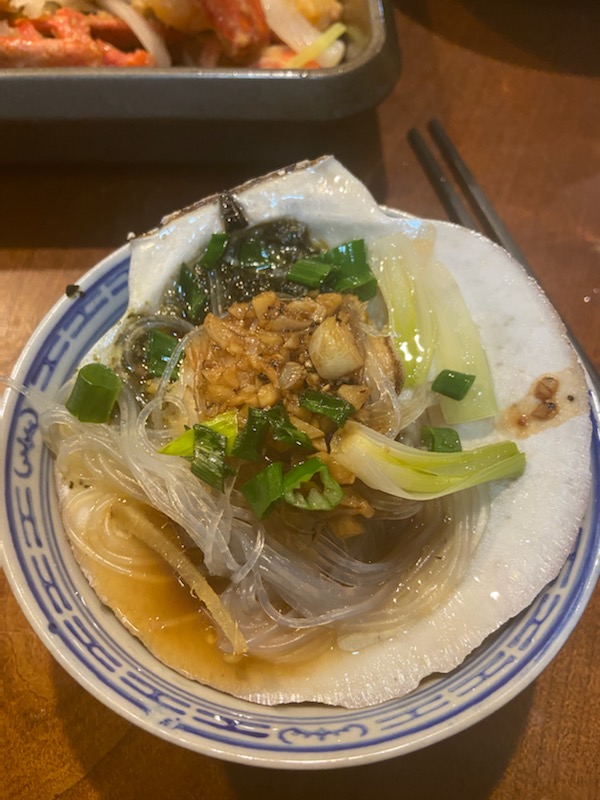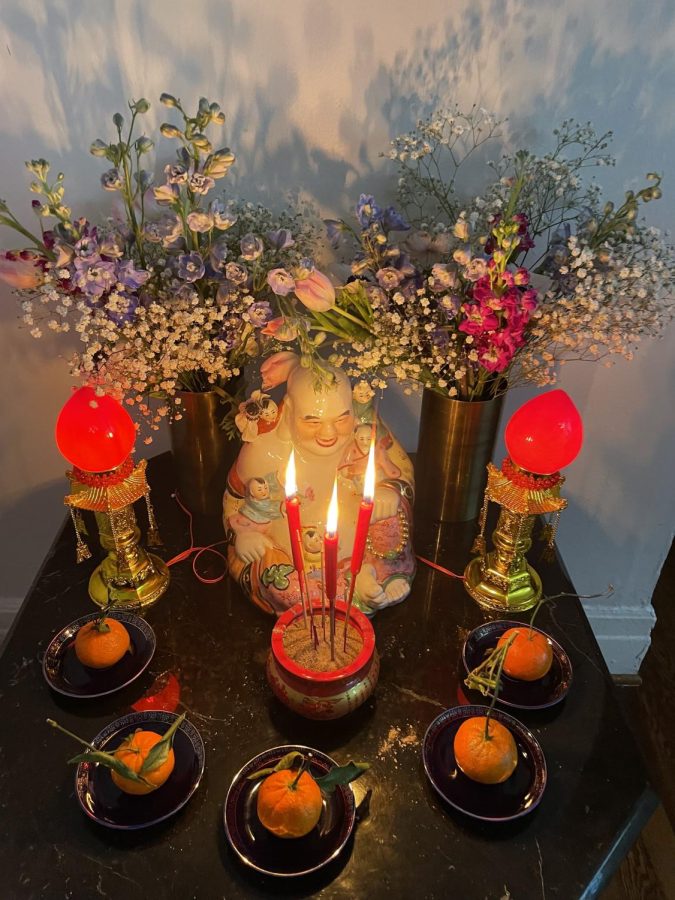Ringing in the Lunar New Year
February 1st marks the start of the 15-day celebration of the Lunar New Year. Although it is often called Chinese New Year because it is based on the Chinese Lunar Calendar, the holiday is actually observed by many Asian countries, including Vietnam, Korea, Tibet, Mongolia, the Philippines, Singapore, Thailand, Indonesia, and Malaysia. The celebration is based on the new moon which falls between January 21st and February 27th. Similar to the Gregorian New Year, the Lunar New Year is about fresh beginnings and spending time with loved ones.
This is the year of the tiger, the third most coveted animal, which brings celebrants fearlessness, strength, and hope. Its status is based on the Chinese zodiac story in which The Jade Emperor organized a race between all animals in the world, and determined that the first 12 animals to reach the finish line would be named a year in the zodiac. The tiger came in third place. Those born in the year of the tiger (2022, 2010, 1998, etc.) are considered to be assertive, powerful, protective, and natural leaders.

While it often goes unnoticed in America, 20% of the world’s population celebrates the Lunar New Year. Common traditions among all celebrations include holding festivals, spending time with family, decorating, and exchanging gifts. However, everyone has their own traditions that are important to them.
When I asked senior Mimi Sipes how she’s celebrating the new year, she told me that her family will eat Chinese food over the two weeks of celebration and decorate the house with lanterns, firecrackers, figurines, and other meaningful trinkets. They try to clean the house before the first day as a way of ridding bad luck and preparing for good fortune in the new year. She told me her favorite tradition is receiving hóngbāo (red envelopes of money given as gifts) from family members, and stepping on bubble wrap to make the sound of firecrackers. This year, she and her family created an altar where they will burn joss paper, incense, and leave round-shaped fruits out to represent wholeness and unity in the new year.

When I asked why she chooses to celebrate, Sipes explained, “I celebrate the new year to honor my culture, so it is not forgotten. It is very important to me to honor my ancestors and family in China because I am adopted from there.” She hopes that the new year brings good health and luck to her family.
I hope this year brings Prosperity and peace, nah just kidding, money and acceptance into one of my dream schools.[/pullquote]Senior Jill Peake didn’t have a big celebration this year but has had similar traditions in the past. She said her family would decorate the house in honor of the new year and its affiliated animal. She continued to explain that when she and her sister were very young, they would go to a big organized celebration with other Chinese adoptees dressed in traditional Chinese dresses. When I asked about the reason Peake celebrates, she told me, “I believe that by celebrating this holiday it brings me closer to my Chinese culture.” She wants the new year to bring good fortune.
Senior Meng Tong Shi celebrates by having a feast with his family, “[it’s] kind of similar to Thanksgiving” he noted. He said his favorite traditions were “obviously the red envelopes, but also how everyone comes home for the holidays because it’s one of the only times where I can see everyone.” He explained he celebrates the new year because of his Asian heritage and it’s one of the only holidays he celebrates. He said, “I hope this year brings Prosperity and peace, nah just kidding, money and acceptance into one of my dream schools.”
Despite the range of traditions, the Lunar New Year is about celebrating with family and engaging in traditions that are important to each celebrants’ cultural identity. 新年快乐!


